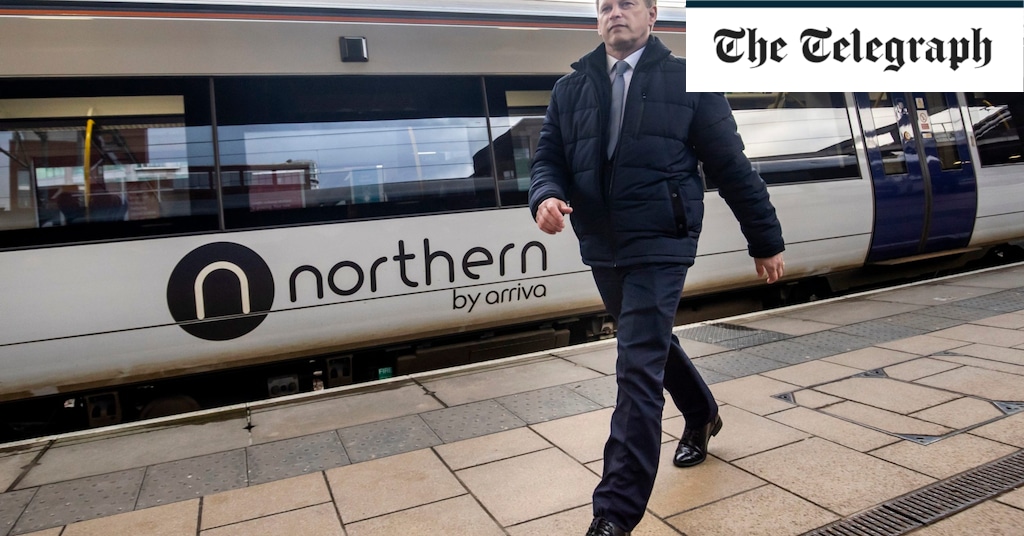Reply
He started on paper tickets at 11:34:43. He said, "... why is it that half the people have to walk around with paper tickets?", then went on to say how he preferred to use contactless. So unless he acknowledges that many might prefer to have a simple 'piece of paper' as proof of the right to travel rather than having to maybe buy and keep a smartphone working and switched on, and relying on fault-free operating system and application software to do the same as getting a credit card sized piece of paper from a wallet/purse/pocket, the Government could be heading for a rather protracted argument on the subject.Did he give a reason why ?


 And the prices are low too. I spent a winter in Montreal long ago. Our condo had electric heating … maintaining a 40°C (or more) temperature differential from outside to inside uses quite a lot of power! And then there was the summer visit, in which people wore a jumper in the office to defend against the air conditioning, then left it there since temperatures stayed in the low-mid 20s right through the night! Remarkable place.
And the prices are low too. I spent a winter in Montreal long ago. Our condo had electric heating … maintaining a 40°C (or more) temperature differential from outside to inside uses quite a lot of power! And then there was the summer visit, in which people wore a jumper in the office to defend against the air conditioning, then left it there since temperatures stayed in the low-mid 20s right through the night! Remarkable place.